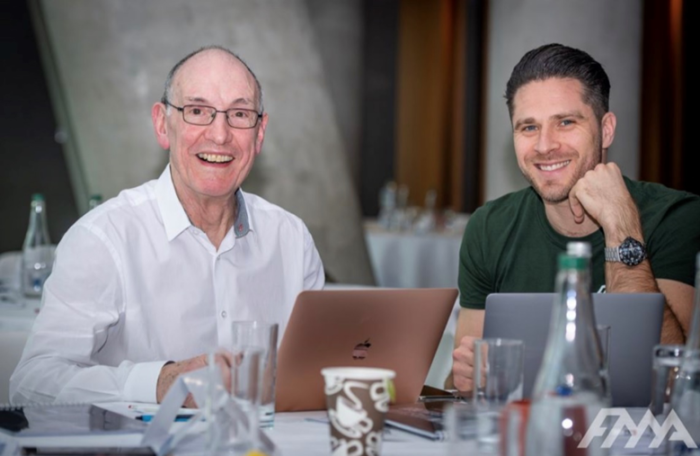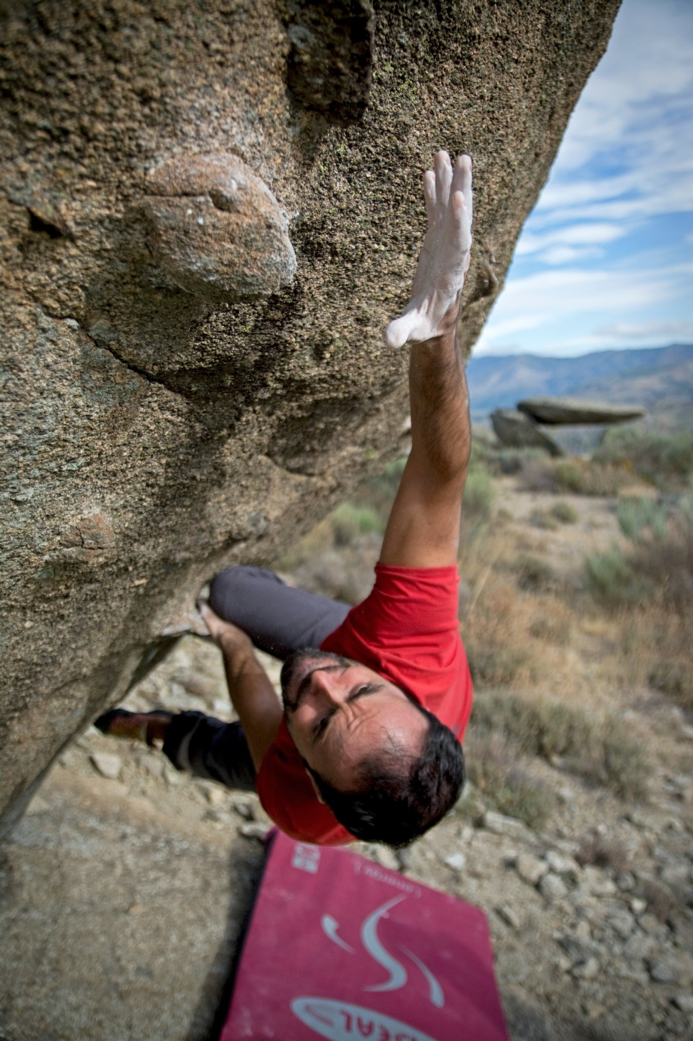
Ian Ryves and Ian Spiby own Wellbeing Fitness, a health and fitness studio with main branches in Northamptonshire. They also own Wellbeing Fitness Education Centre where they run Level 3 Diploma courses for people who wish to qualify as personal trainers, sports masseurs and nutritional advisers. In addition, the Education Centre licenses these courses to over 50 gyms and fitness studios in the UK, Ireland and Europe.
This series of articles is about how to get people to take their health and fitness seriously. It’s no good trying to frighten them into it by giving warnings of how they are going to deteriorate as they get older. There has to be a change in the head. At Wellbeing Fitness, we have devised a Mindset course to help our clients to think differently which we are sharing with you.
So far, we’ve talked about setting goals and identifying a vision of how you want to be and what you want to achieve. We’ve tackled the question of the stumbling blocks that can prevent you from achieving your goals and visualising what you want to accomplish. In the last couple of sessions we talked about habits and how to change them. Now it’s on to the all-important willpower.
COURSE LESSON 8. Willpower
“Strength does not come from physical capacity. It comes from an indomitable will.” Mahatma Gandi
Whatever the definition, willpower is the secret sauce of success. In fact, there are studies which shows that willpower significantly outperforms IQ when it comes to academic performance.The most famous of the experiments that demonstrated this was the “marshmallow experiment” of the 1970s. Pre-school children were put on their own in a room with a marshmallow in front of them and told, ”You can eat this marshmallow but if you don’t eat it until I come back in 15 minutes, you can have two”. The children in the experiment were then tracked throughout their lives and those who had waited had better school results, a lower incidence of substance abuse, better social skills and better results in a range of life measures.
So willpower – or self-control – is the ability to delay gratification and focus on the future outcome rather than the current pleasure. It is a critical component in reaching life goals. If you want to get fitter, you need the willower to exercise regularly. If you want to be slimmer you need the willpower to say “no thanks” to the chocolate cake and if you want to be healthier you need the willpower to pick up a bottle of water instead of a can of Coke when you buy your lunch.
NOW. I hear people all the time saying, ”I haven’t got any willpower” but the good news is – you can develop it.
Task.
Consider how willpower has played a part in your life.
How much has self-control been a contributory factor to the progress you’ve made towards goals of over the years.
Think of specific examples and write them down because we’re going to use them in future sessions.
Looking forward to joining you for Course Lesson 9 next month
Ian and Ian
